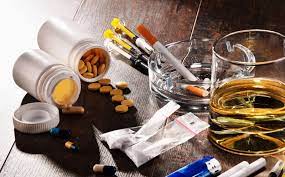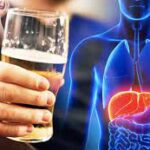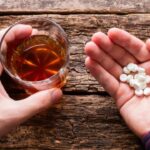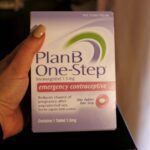How Does Alcohol and Drugs Affect The Body?

Mixing any combination of prescription drugs, over-the-counter drugs, illicit drugs, and alcohol can be unpredictable and dangerous. Most fatal overdoses involve the use of more than one type of drug (poly-drug use).
Poly-drug use is dangerous because different drugs act on our bodies in different ways. The harmful effects are magnified by using more than one drug type. For example, the more alcohol in the body, the less heroin needed to cause an overdose.
Problems from alcohol interacting with medicines
Problems can happen with many different medicines. The most common ones are antibiotics, antidepressants, painkillers, sleeping tablets, and certain antihistamines used in cough and cold remedies as well as some travel and allergy medicines.
If you take the wrong medicine with alcohol, you can get:
• nausea and vomiting
• headaches
• drowsiness or sleepiness
• dizziness and fainting
• blood pressure changes
• uncharacteristic behavior
• poor or loss of coordination
• accidents
It can take time for your body to metabolize alcohol and medicines, so you can have these symptoms even if you don’t take the medicine at exactly the same time as consuming alcohol.
Possible complications
There is a risk of serious complications such as:
• liver damage
• heart problems
• internal bleeding
• weakened breathing
• depression
Combining alcohol and medicine can make it dangerous to operate machinery, drive or do physical activity.
Who is at greatest risk?
Women, older people, and those with liver problems are at the greatest risk. You are also at greater risk of you:
• drink a lot of alcohol
• are small
• aren’t healthy
• are taking a lot of different medicines
Safe use of medicines and alcohol
Always read the label of your medicine, including over-the-counter and herbal medicines. If it carries a warning, avoid alcohol.
Be very careful about drinking alcohol if you are taking benzodiazepines, methadone, or other medicines that depress the central nervous system. Alcohol can be very dangerous — even fatal — if you are taking these medicines.
Some examples of drug interactions that can occur include:
Mixing alcohol and depressant drugs
Mixing alcohol with other depressant drugs such as benzodiazapines or opioids (such as heroin and prescribed pain medications) can cause a person’s breathing and heart rate to decrease dangerously, increasing the chance of an overdose. A person is described as having taken an overdose if they suffer a medical emergency as a result of accidentally or intentionally using a larger amount of a drug than normal. See the page called the risks of using drugs for more information about overdose.
Mixing alcohol and cannabis
Drinking before using weed can intensify weed’s effects. This is because alcohol increases the absorption of weed’s main psychoactive ingredient, delta-9-tetrahydrocannabinol (THC). This generally results in a stronger high. While this might be nice for some folks, it can cause others to green out. This refers to a range of unpleasant physical symptoms that can result from a strong high. Mixing alcohol and cannabis can increase the chances of nausea, vomiting, panic, anxiety and paranoia.
Mixing alcohol and stimulant drugs
Stimulant drugs such as amphetamines may mask some of the usual effects of alcohol such as feeling relaxed or sleepy, and the person may become more at risk of alcohol-related harms, particularly alcohol poisoning. Alcohol and cocaine make a chemical in the body that is toxic to the heart and can be fatal. For more information on alcohol-related harms, visit the health/safety, legal and social consequences of drinking too much page.
Mixing heroin and cocaine
Mixing heroin and cocaine or amphetamines (speedballing) results in a high risk of overdose because the cocaine/amphetamines cause the body to use more oxygen while the heroin reduces the breathing rate.

How can you reduce the risk?
Always read the instructions on any medication or seek advice from a health professional before mixing alcohol with over-the-counter or prescription medications.
Not taking any illicit drugs at all is the safest choice, but if you do intend to use:
• only use one drug type at a time (this includes alcohol)
• have a friend with you who knows what you have taken and can respond to an emergency
• ensure you are in a safe environment that you know
• if you inject drugs, use safer injecting practices — list of Clean Needle Program site locations
• know what to do in an emergency – visit the page called drug and alcohol emergency information
• know how to prevent and respond to an opioid overdose. (Naloxone)





